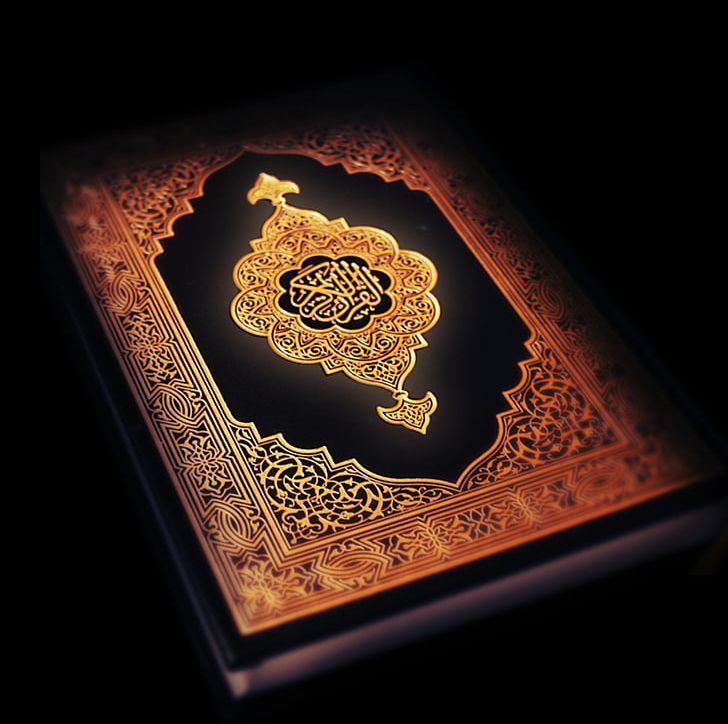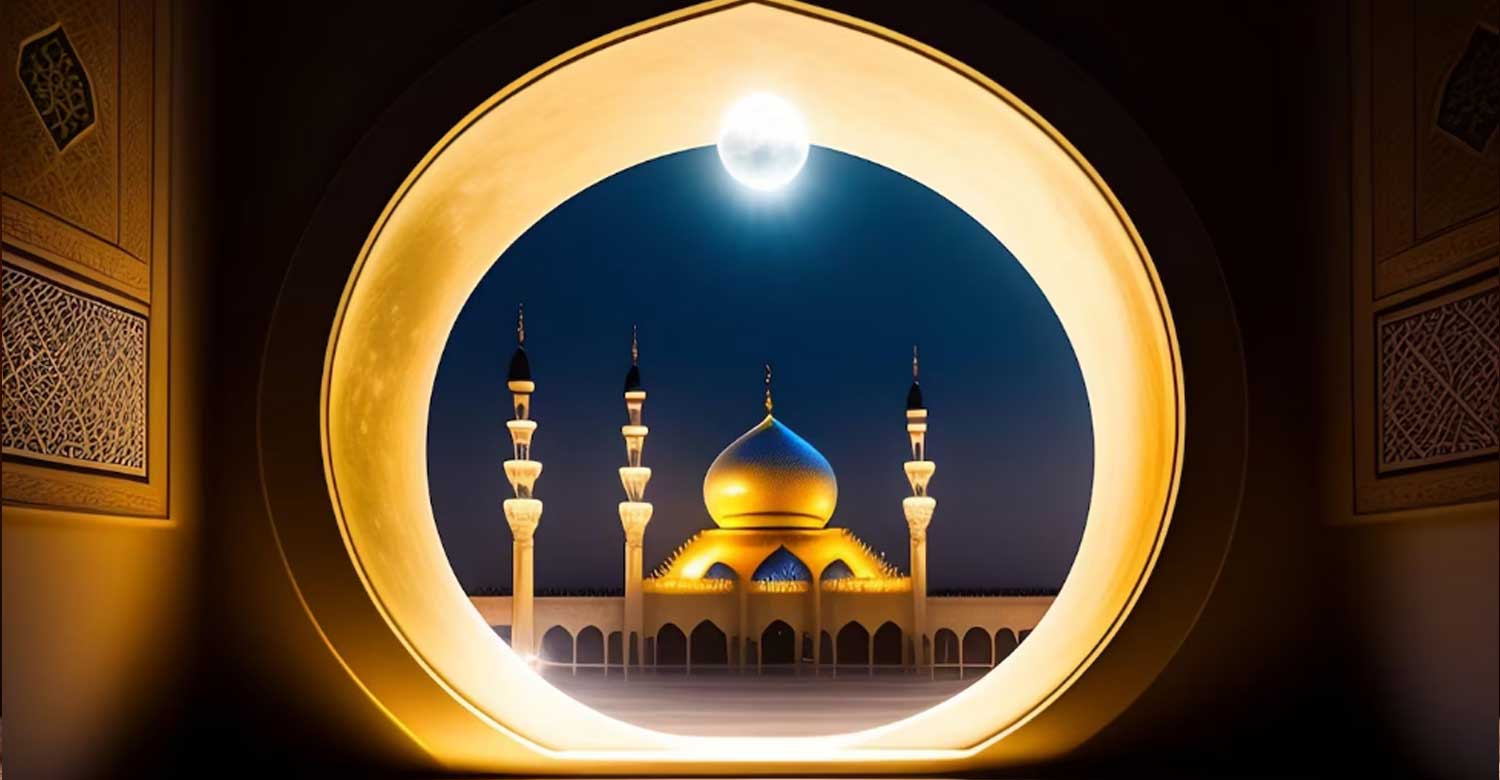What Is Quran?
The most conventional answer is that the Quran is a book – but it is not like most books. It is made up of words which contain truth and guidance for every human being, and Muslims believe that these are words revealed directly by God, in the Arabic language, to the last of His prophets and messengers, Muhammad ? (peace be upon him).
The Quran presents itself with a number of names and descriptions which are worth reflecting on. Here are just a few:
1)Quran and Kitab (Recital & Writ): the first means something recited aloud, and the second means something written down. This describes the two main ways this scripture is experienced, and which you can encounter on this website.
2) Kalam Allah (Divine Speech): this means that these words are a direct communication from the Creator and Master of every living being. It occupies the highest level of authority for its believers, and it is clarified and supported by the teachings of the Prophet. While the language of this particular revelation was Arabic, we also have many translations into different languages which help us to understand its meanings.
3)Dhikr and Huda (Remembrance & Guidance): the Quran is used as a way to connect with God and keep Him in our hearts and on our tongues. It is also fundamentally a guide for our personal lives and for the life of the community and society.
?The Quran is the final revealed message which complements and completes earlier revealed scriptures, just as the Prophet Muhammad ? taught the same essential message as the many prophets before him, including Adam, Noah, Moses, Abraham, and Jesus (peace be upon them all). The Quran clarifies what humanity needs to know from now until the Day of Judgment, and it will remain preserved from loss and distortion which affected previous scriptures in various ways.
?"?This is? a blessed Book which We have revealed to you ?O Prophet? so that they may contemplate its verses, and people of reason may be mindful."
What are some major themes in the Quran?
There are many themes and ideas explored in the Quran, but the major ones include:
- The Oneness of God
- The importance of worship and obedience to God
- The existence of an Afterlife and the Day of Judgment
- Guidance and wisdom for leading a righteous and moral life
- The creation of the universe and all living things
- The role of prophets and revelation in guiding humanity
- The consequences of good and evil actions
- The significance of social justice and fairness
These themes are interwoven throughout the Quran and serve as a guide for believers on how to live their lives in accordance with the will of God.
I have never read the Quran before. Do you have any suggestions on where I can start?
Approach the Quran with an open mind and a willingness to learn: It is important to approach the Quran with a positive attitude and a desire to understand its message. Try to put aside any preconceived notions or biases you may have, and approach the Quran with an open mind.
Recommendation on where to begin:
The first chapter of the Quran, Surah Al Fatiha , is a suitable place to begin your journey with the Quran.
Surah Al-Fatiha is the first chapter of the Quran, and it is the most widely recited chapter in the Islamic faith. The Surah (chapter) is also known as the "Opening" or "Umm al-Kitab" (the Mother of the Book) due to its significance in the Quran.
The Surah consists of seven verses, and it is recited several times a day during the formal five daily prayers. The Surah begins with the phrase "Bismillahir-Rahmanir-Rahim," which means "In the name of God, the Most Merciful, the Most Compassionate." This phrase is used to seek God’s blessings before beginning any task.
The Surah is divided into two parts. The first part is an introduction in which Muslims acknowledge God's Greatness, Power, and Mercy. The second part is a supplication in which Muslims ask for God's guidance, help, and protection from going astray.
Surah Al-Fatiha is significant because it provides the foundation for Muslim prayer and is often the first portion of the Quran that is memorized by children and new Muslims around the world.
Should I read the Quran from the beginning to the end?
While the Quran is compiled in a particular order, there is no strict requirement for a reader to follow that same order when reading it. In fact, the Quran itself does not specify a specific sequence in which its chapters must be read.
Moreover, many verses of the Quran are self-contained, providing guidance and wisdom in and of themselves, without necessarily requiring the reader to have read previous or subsequent verses. This is because the Quran is a book of guidance, and each verse or surah (chapter) provides insight and wisdom that can be applied to various aspects of one's life.
In addition, the Quranic chapters and verses were revealed over a period of 23 years, during which the Prophet Muhammad ? recited and conveyed them to his followers as they were revealed. Thus, the chronological order in which the verses were revealed may not necessarily reflect their thematic order or their intended meaning.
Therefore, it is perfectly acceptable for someone to read the Quran in a non-linear fashion, based on their interests, needs, or circumstances. For example, one may choose to read a particular surah for its uplifting and comforting message, or another for its practical guidance on a specific matter. Ultimately, the most important thing is to approach the Quran with an open mind, seeking guidance and wisdom from its verses, regardless of the order in which they are read.





